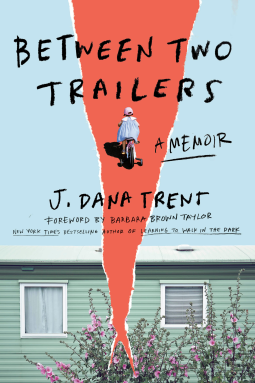
That’s the problem, isn’t it? I put my own life, my own self, first. It’s a fundamental right of every person in the world. Except mothers.
Jude has grown up feeling overlooked and neglected by her famous mother Sadie, in fact, she has kept a minimal list of visits with her mom throughout her lifetime (when the book begins, that lifetime is thirteen years). It is evident they are not close and that it is her father she adores, is loyal to, trusts. She has forever known about the play her feminist mother wrote and performed, The Mother Act (in short about the horrors and grim realities of motherhood). What her father does not know is that she read it, secretly, and it is a deep wound. Though she had been forewarned by her father that she could misinterpret the sentiments within, it was her only chance to discover the reasons why her mother left when Jude was a toddler. It is not about Sadie’s struggles, it is about not wanting to be a mother, the demands too heavy a burden to manage. Jude is burned by the knowledge that she was unwanted, despised even and that a creative life was worth more than being her mother. That Sadie is famous for rejecting Jude is a damning reality, one that Jude has had to bear the cross of. Now, she has the chance to get her mother’s attention, to prove her worth when Jude performs onstage in The Tempest. Jude’s life is all about acting too, touring with her father’s Shakespearian theater company, it is at his knee that she becomes a talented actress in her own right and through him she has a solid anchor, a guide. But absence shapes a child as much as presence, and in this complicated drama, we get front row seats.
Sadie overwhelms Jude, her sporadic visits are earthquakes in her life that even growing up on the road never seems to prepare her for. Her father still holds a flame for Sadie, it confuses and angers Jude. How could he love someone who has betrayed them so deeply with her desertion? How could her mother not love her own child? Is Jude defective herself, or is her mother truly a selfish, unaffected, disinterested, vain monster? Who is to blame? And why does Jude feel conflicted, both longing to reject and accept her mother’s attentions?
We journey back to 1989 when Sadie first met Damien (Jude’s father), as she is working with her own feminist theater collective- innovative, provocative, exploding with talent and ambition. There is immediate chemistry between them, and love takes its natural course, leading to hard realities that do not make room for artistic expression. Motherhood is burying her; she does not recognize the person she is becoming, and the world outside is beckoning. A rift is born from her choice. Once Jude is an adult, she faces similar challenges, but is it possible to bridge the distance years of misunderstanding and anger have left behind? Will Jude and Sadie always be strangers? What will happen when Sadie’s sequel hits the stage?
What it means to be a mother and the make-up of a woman is raked over in this complicated story of the expectations and demands of motherhood versus a career, one’s calling. It is also about the mother/daughter relationship, the similarities, differences, resentments, and longings. It must be addressed that Damien has an interesting role in the father/daughter dynamic, being the one who has remained the sole caretaker, in fact fathers are revered for doing what mothers around the world take on without admiration. Truly in the past single mothers were often looked down upon and judged fiercely. Surely this book will launch conversations about feminism, the role of motherhood, and even creativity. It challenges what we owe those we are meant to love most and ourselves. Yes, read it.
Publication Date: April 30, 2024
Penguin Group
Dutton








